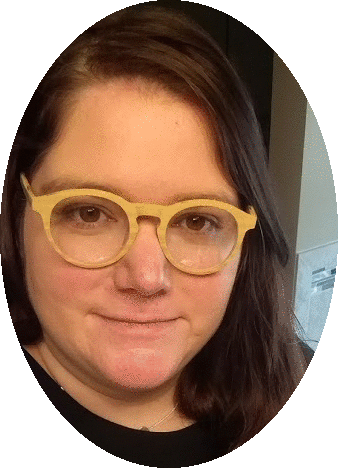7 Questions with Mary Kay Andrews
As certainly as the temperatures will rise — pushing me indoors with the sweltering heat — each summer will bring a new book from prolific beach-read-writer, Mary Kay Andrews.
Though many of us won’t have the opportunity to enjoy squinching our toes in the sand this summer, we can enjoy a new Andrews read. This year’s binge-worthy novel, Hello, Summer, is warm and rich and wholly unputdownable.
Before you dive in — which you definitely should — get to know Andrews a bit better by checking out her responses to our 7 questions.
1. What's your favorite drink?
Diet Coke in the morning for my caffeine fix, because I never really got into coffee drinking. Chardonnay or rosé in the evening, unless I’m sharing my husband’s bourbon and water.
2. Where and when do you write?
I have a spacious home office, but seldom write there. Instead, I follow the sun around my house—I am a Leo. Or I run away, down to our vacation home on Tybee Island, Georgia, or to a borrowed house in the North Georgia mountains.
3. What does your prewriting process look like?
I start with a synopsis, then I plot longhand in an old school black and white composition book. Once the pump is primed, I jump on my laptop and revise. I usually write in a linear fashion, beginning to end.
4. What's up next?
Summer 2021 novel is set at a mom-and-pop motel on the Florida Gulf Coast, with a young woman who is on the run from a murderer—with her four-year-old niece in tow.
5. This novel was rife with rich and loveable characters. With which character in this novel did you most identify and why?
Probably Conley Hawkins, the protagonist, although Conley is younger, smarter, and way more aggressive than I was as a newspaper reporter. I loved her refusal to back down from a story when the world was telling her to shut up and go away.
6. A running subplot of Hello, Summer was that print journalism is dying. As an experienced journalist, what do you see as both the issues and benefits of this evolution in news dissemination?
I am distressed with the state of print journalism. I understand that digital is the wave of the future, and will allow stories that are longer and more detailed, but I am just old-fashioned enough to want to cling to my print paper. That said, all I really hope for is that quality journalism, especially local journalism, will not die, because it’s too important for the future of our nation.
7. Like many people, I headed off to college never to return to my hometown. And, at times, I’ve felt guilty about it. Throughout this novel, we see Conley feeling some guilt about leaving Silver Bay behind. What would you say to someone who was struggling to decide whether chasing their own aspirations was worth leaving their hometown in the dust?
Like you, I never returned to my hometown after college, and marriage, because of the trajectory of our careers. I think if a dream is worth having, it is worth chasing after. If Conley had gone home after college, her life would have been totally different. Coming back to Silver Bay, as a seasoned, experienced investigative reporter, she brought much more to her community than she would have if she had stayed put. And she was able to see her hometown through a fresh perspective, having finally exorcised the ghosts that haunted her past.
Check out these reads by Mary Kay Andrews:
* Drink. Read. Repeat. is a participant in the Amazon Services LLC Associates Program, an affiliate advertising program designed to provide a means for sites to earn advertising fees by advertising and linking to Amazon.com. As an associate, we may earn commissions, at no cost to you, from qualifying purchases on Amazon.com.






